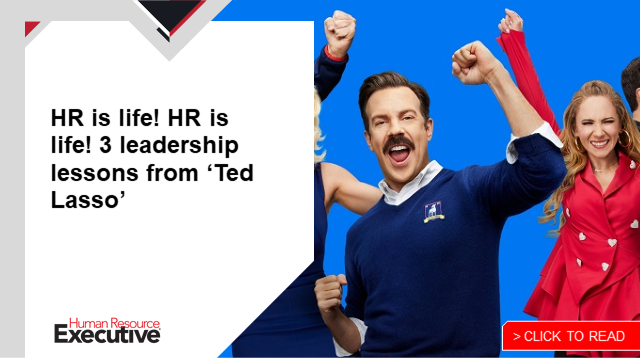Amy Tran didn’t grow up in HR; instead, her expertise was in marketing and communications. But years ago, when a previous employer was experiencing a merger and acquisition, she helped the executive team through the process and was then asked to step into an HR leadership role. Since that day, she has not looked back.
Last summer, she joined Panzura, a global technology company that creates hybrid cloud data management solutions, as vice president of people and recently shared with HRE what attracted her to the field of HR, her experiences and career plans.
HRE: Early on in your career, what intrigued you about HR, enough to abandon a marketing and communications career?
Tran: I worked really closely with the executive team that led the acquisition and integration. I was able to see the criticality of the people function and how it could create a successful employee experience. All of that really leads back to the programs and initiatives that a people function could provide.
HRE: When you joined Panzura, it had already transitioned to a remote company due to the pandemic. What has been your biggest challenge in that environment?

Tran: We now have to think of very creative ways to have people connect and feel and stay connected with not just their team but the management team, leadership team, cross-functionally and different members of other teams. The biggest question we continue to ask ourselves is, how can we keep doing this better when we’re growing and scaling? We’re hiring more people and have to rethink what onboarding should be in this current environment. It’s no longer bringing everybody together attending an orientation in a conference room. We have to think of creative ways to create that community-feel when everyone is sitting in front of a computer at home.
Read more Insights from a CHRO here.
HRE: So, how does this impact HR’s responsibilities?
Tran: The future of work won’t return to what it used to be, where everyone is in an office. We’re going to have to be part of the architects of the future of work. We need to have a say in what new technologies should look like and be part of designing what the employee experience looks like. I keep going back to that connection part. How do we innovate in that space? If people feel connected, then they feel included. More than ever, we’re going to have to leverage all the innovative technologies out there.
HRE: With so many changes taking place, how can those entering the HR profession better prepare?
Tran: There’s only so much preparation you can do. There’s always that unpredictive factor of something like COVID. You need to be flexible and bring all the lessons you’ve learned from the past. You have to be able to put it together, pivot, be flexible and apply the lessons learned in the new environment we’re in. You have to stay on top of what’s going on around you, stay in tune and connected with the HR industry and HR networks. I’m part of a number of HR networking groups with HR leaders for start-up companies.
HRE: What lies ahead for your career?
Tran: What’s next for me has to relate to my passion, which is really advancing women in leadership and people of color in leadership. Finding that intersection of diversity in leadership is an area I’d like to explore and expand. That’s part of why I came here. Both the CEO, Jill Stelfox, and CFO, Judy Kopa, are women, and the leadership team is diverse.
HRE: You’re also passionate about mentoring high school and college students.
Tran: I grew up in a Chinese family where you’re expected to go into medicine or engineering. That was not the path I took. I really want to spend my outside time mentoring Asian females to see careers beyond what they typically have been asked to pursue.
HRE: How has mentoring enhanced your HR skills?
Tran: It makes me a better listener and better coach for people interested in talking to me about their careers. It’s never the same story. It helps me think about programs like leadership development or general professional development. Everything I do outside my workplace brings a certain type of knowledge and understanding into my workplace that I can leverage to help create programs for future leaders.
HRE: You’ve been at Panzura for less than a year. So far, how has HR helped your growing company?
Tran: HR is here to enable the business and protect its culture. We’ve done what’s important for a company to scale and important for employees to have the right experience. If these things could be our north star, then we’re on the right track and really providing value to the business.


